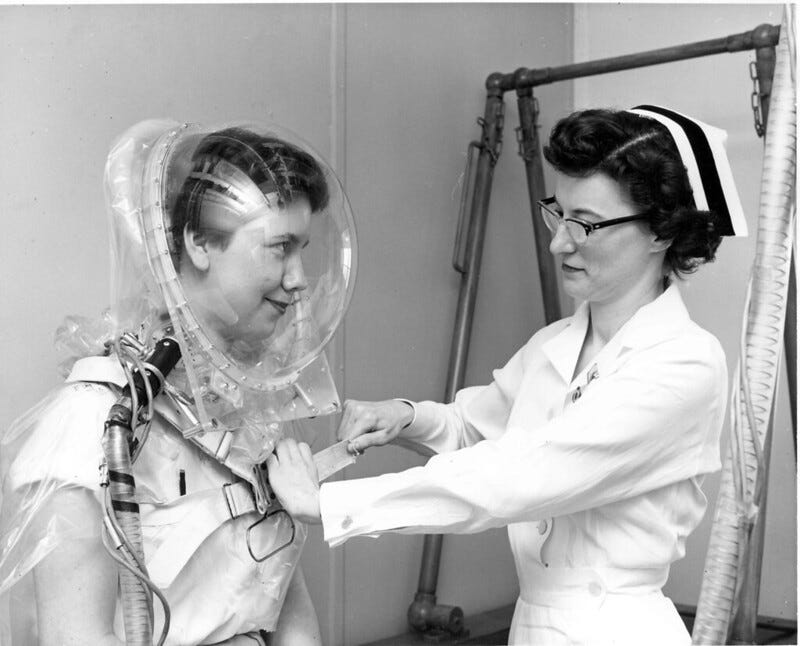Turn the lights down low
Can you improve your metabolism by dimming your light sources at night?

Hey there,
Have you noticed how a bright sunny day can lift your mood?
It's not just the fact that you can get out and about and do outdoors-y things more easily. The light's effect on your brain has a cheering effect. At the more serious end of the scale, bright light is also an effective treatment for some forms of depression, like seasonal affective disorder. Bright sunlight early in the day can also help set your circadian rhythm, so it's easier for you to sleep at night. This is why I love going out for my dog walk most mornings after I’ve made sure the kids have had breakfast.
But to reap those rewards, you also need to make sure you experience both dim light and bright light. Light at night can be bad for your health, and exposure to blue light emitted by electronics and energy-efficient lightbulbs may be especially so.
Bright lights at night might also cause you to gain weight or at least stop you from losing it, but the reason for this relationship is unclear.
Intense, high levels of lights may keep you awake longer, giving you more opportunities to eat.
Another possibility is that bright light exposure before bedtime may disrupt the body's natural production of melatonin, which may lead to metabolic changes that predispose people to store fat.
So, let me tell you about some recent research which explored whether exposure to light at night affects energy metabolism.
Keep reading with a 7-day free trial
Subscribe to Notes to Selves by Sarb Johal to keep reading this post and get 7 days of free access to the full post archives.




